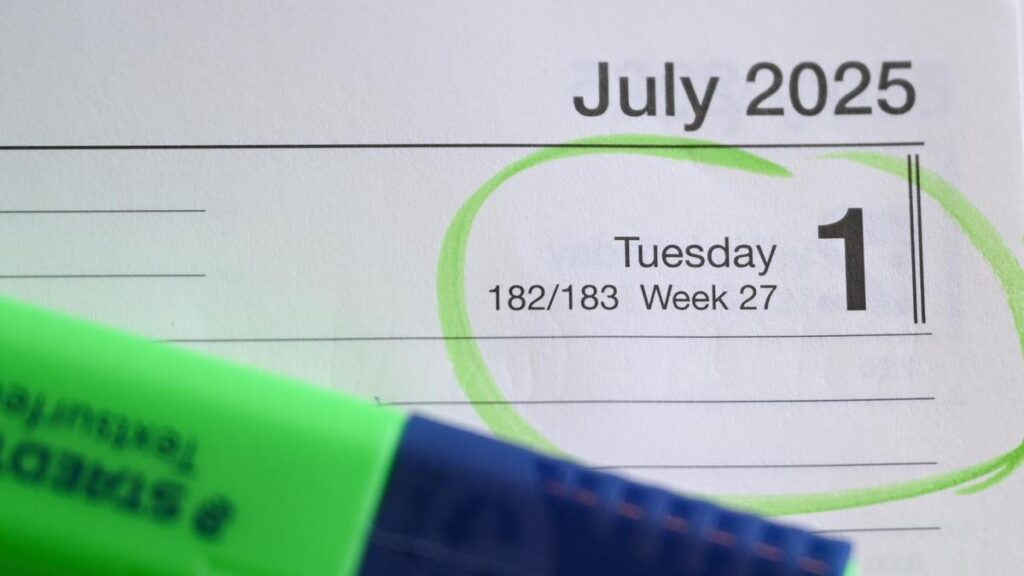
UPDATE: Australia’s economic future is at a critical juncture as leaders prepare for a pivotal economic roundtable led by Treasurer Jim Chalmers. The Productivity Commission has just released its fifth and final report, calling for ambitious reforms to address the nation’s declining productivity and ensure prosperity is shared more widely.
As the government, business, and union representatives gear up for discussions this week, the commission has highlighted five priority areas, including building a more resilient economy, transitioning to clean energy, and improving care services. This urgent dialogue comes as Australia faces increasing pressure on its budget amid competing financial demands.
The report emphasizes the need for reforms that enhance living standards, suggesting that improved productivity should lead to higher wages and more leisure time for Australians. Andrew Hudson, CEO of the Centre for Policy Development, underscored the importance of ensuring that economic gains ameliorate social issues such as inequality and housing shortages. “It’s been good to see ambitious ideas, and let’s hope the economic reform roundtable adopts some of those,” he stated.
Among the bold recommendations, the commission proposes reducing Australia’s headline company tax rate to 20%. This move aims to attract foreign investment, following a significant decline in business investment over the past decade, which has contributed to lackluster productivity. The commission warns, however, that any tax reforms must be part of a broader strategy to avoid placing a heavier burden on working Australians.
In addressing climate targets, the report indicates that the federal government should expand its safeguard mechanism to include more industrial facilities, a move designed to reduce greenhouse gas emissions from major polluters. The commission pointed out that the lengthy development of energy infrastructure must be expedited to lower costs and emissions.
Additionally, the care economy—encompassing early childhood and aged care services—represents 12% of Australia’s workforce and contributes 8% to its GDP. Enhancing productivity in this sector is challenging due to its inherently human nature. However, the commission advocates for leveraging new technologies, such as artificial intelligence (AI) and robotics, to improve efficiency while maintaining care quality. AI could streamline reporting, while robots could handle routine tasks like monitoring vitals.
To equip the nation with a skilled workforce, the report calls for reforms in secondary and post-high school education, ensuring that Australians have the foundational skills necessary for new job opportunities. There is also a push for equitable access to AI and educational technology in schools, enhancing learning opportunities for all students.
The commission further recommends eliminating the requirement for hard copy financial reports, which would utilize data and digital technology to boost efficiency. These recommendations are described as essential “modern engines of economic growth.”
With the economic roundtable slated for this week, the urgency for reform could not be greater. The outcomes of these discussions will likely have a profound impact on the nation’s economic landscape, shaping the future for millions of Australians. Stay tuned for updates as this story develops.





